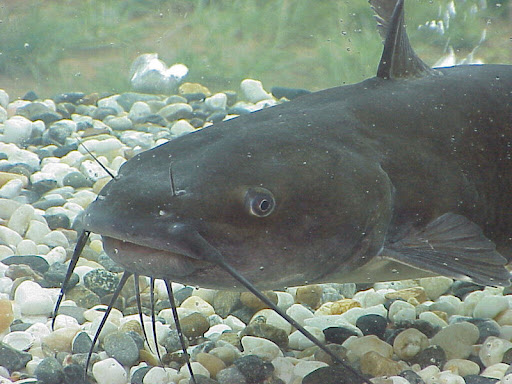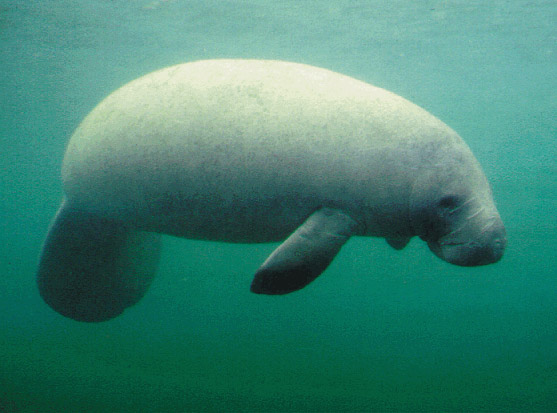http://www.newsmax.com/Newsfront/mars-water-liquid-life/2015/09/28/id/693678/ American Admiralty Books Safety & Privacy Policies
https://www.youtube.com/watch?v=UsaJ7ZvCjmY
Sponsored by Helios Ruehls, Inc.
THE GREAT NAMAZU ANSWERS THE BIG QUESTIONS WATER ON MARS?
 |
| THE GREAT NAMAZU 3,000 year old Giant Catfish and former Japanese Demigod |
American Admiralty Books Safety & Privacy Policies
Greetings Bipeds
It has been said that "the holy grail of space exploration is to find extraterrestrial life. An important precursor to that is finding liquid water—and that's exactly what NASA today announced scientists have discovered on Mars." Well, more or less kinda,sorta. Actually what they discovered was flowing mud made with a very salty and indeed toxic brine. This brine is not "saltwater" as we know it on earth but a salt of a very different and toxic kind. Probably no simple desalinization process is going to make it drinkable. That was a real disappointment around the water cooler at my part time job with Helios Ruehls, Inc. Helios Ruehls ,you may remember, is in the business of ushering in transformational technologies. One of their current projects offers great possibilities for vastly improved efficiencies in potential solar thermal driven technologies such as electrical generation and desalinization. There was considerable excitement when NASA made the announcement that liquid water had been confirmed on Mars. Then it came out that it was a "salty brine in wet sand formations". Wow, here we were working daily on a solar thermal device that could greatly shrink the size of solar thermal heat generation machinery usable in desalination processes; maybe we'd find a new source of research funding! Then it came out that the "salty brine" was formed by a toxic form of salt. Things started getting kind of quiet. Check out the first announcement we saw at : Newsmax.com . There was no mistaking the headline, water had been found on Mars. The news that it was actually a moist sand with a toxic brine took some explaining. Here is where we found the full technical details:
SciNews.
 |
| Mars Curiosity Rover, photo by NASA |
OK, so water on the Martian surface apparently liquefies in the equatorial belt in the warm seasons when temperatures can support liquid water. Some of it escapes the rapid evaporation rate by being captured by this really toxic and water absorbing salt. It then turns into a sort of slurry that darkens and can be seen even from satellites overhead. It slowly flows or maybe the term elongates would better describe what it does on the surface. Its not salt water as we know it on earth , this stuff if you tried to drink any amount of water extracted from it but still containing some of the salts would kill you in about an hour. OK, we can deal with that, if we are going to develop the transformational technology to make potable water from it obviously we will need a compact solar thermal desalinization plant calibrated and filtered to eliminate the deadly salts. That seems within our technological grasp if we get to work right away. The second thing we will need is something that can extract liquid from a sandy formation. We do that all of the time in the oil drilling industry so probably our major technological task is in refining and miniaturizing some existing oil extraction technology. But then comes the zinger. Listen carefully to last minutes of the
SciNews explanation of events.
What you are listening for is the part where NASA says they may avoid such formations .
That's right Bunkie NASA which is spending billions of your tax dollars to go to Mars may avoid the wet sands of poisonous brine because these sands may harbor life forms or a micro ecosystem! Let's extend that logic a bit, suppose one of our robotic probes discovers a nice sheltered pool of fresh and drinkable water, what do you suppose that might harbor? Mars is a long way off and if we are going to go at all it will be to stay and colonize. Terra-forming is the major reason for going, its going to involve bringing a host of Earth microbes and larger life forms to the red planet. The fact that Mars might be able to support some form of microbial life is the attraction that makes our scientist think the planet could eventually support human life. But the tree huggers are already nixing landing sites because we might disturb some microbes! For about three years we have been warning in the pages of the American Admiralty Books Blog that we haven't sufficient protocols in place to adequately protect earth from Martian microbial life if there is any. We're the big ecosystem with all sorts of diverse life in need of room to expand. Mars is a dust bin with potential. I'd certainly be for the preservation of "wet sites" which our robotic probes indicate harbor some microbes for future study. But I wouldn't rule out the entire category of wet sands as a landing site. Lets face it, if we succeed in colonizing Mars it means that we will eventually tara-form it. When that happens the history of the Colombian exchange on our own planet pretty much tells us that Martian microbes are toast.
Get over yourselves tree huggers, we're going to Mars, the planet has water and we need water and we'll use the water the planet provides. We're spending to get there right now as if it were a done deal. What would you have us do, ground the project on launch day because there are no suitable landing sites? Do you think for one minute that if the Chinese arrive first they will hesitate for one second to wipe out whatever microbes may prove troublesome? Should we (Helios Ruehls, Inc) forgo seeking a NASA grant to research the application of some of our on going technological developments for adaptation into the Mars mission and eventual colonization? The answer is no, we should seek NASA grants to pursue this technology. But as long as there is political correctness afoot in the United States, the answer will never be "let's pour the corporation's money into this at all costs to be first to market!" No , we will continue to seek heavy doses of tax payer funding because we are still 15 years away from the earliest predicted MARS landing and the PC voices are already being heard obstructing not only potential landing sites but even discussion of such sites. We have to be ready as a corporation to survive a last minute decision to scrub the mission because its "not environmentally sound". This is just the most recent example of how political correctness puts a drag on our culture and economy.
American Admiralty Books Safety & Privacy Policies
_as_they_arrive_in_Pearl_Harbor.Chinese_Sailors_man_the_rails_aboard_the_destroyer_Qingdao_(DDG_113)_as_they_arrive_in_Pearl_Harbor.jpg&container=blogger&gadget=a&rewriteMime=image%2F*)


